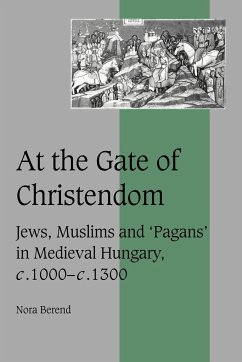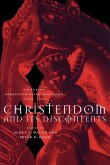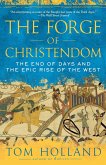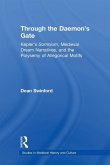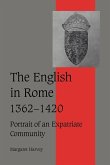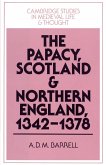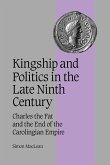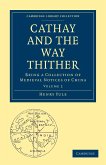A study of the status of Jews, Muslims and pagan Turkic nomads in medieval Hungary.
Modern life in increasingly heterogeneous societies has directed attention to patterns of interaction, often using a framework of persecution and tolerance. This study of the economic, social, legal and religious position of three minorities (Jews, Muslims and pagan Turkic nomads) argues that different degrees of exclusion and integration characterized medieval non-Christian status in the medieval Christian kingdom of Hungary between 1000 and 1300. A complex explanation of non-Christian status emerges from the analysis of their economic, social, legal and religious positions and roles. Existence on the frontier with the nomadic world led to the formulation of a frontier ideology, and to anxiety about Hungary's detachment from Christendom, which affected policies towards non-Christians. The study also succeeds in integrating central European history with the study of the medieval world, while challenging such current concepts in medieval studies as frontier societies, persecution and tolerance, ethnicity and 'the other'.
Review quote:
'This fine book should be read by anyone interested in the study of frontier societies and minority groups in medieval Latin Europe.' History
'- her conclusions on the usefulness of the term 'ethnicity' should be taken further -'. Journal of Jewish Studies
Table of contents:
List of maps; Acknowledgements; List of abbreviations; Introduction; 1. Hungary: a frontier society; 2. Christians and non-Christians; 3. The legal position of Hungary's non-Christian population; 4. Non-Christians in Hungarian economy and society; 5. Conflicts between the papacy and the kings; 6. Christian perceptions and attitudes; 7. Non-Christian communities: continuity, transformation, conversion and assimilation; Conclusion; Appendices; Bibliography; Index.
Modern life in increasingly heterogeneous societies has directed attention to patterns of interaction, often using a framework of persecution and tolerance. This study of the economic, social, legal and religious position of three minorities (Jews, Muslims and pagan Turkic nomads) argues that different degrees of exclusion and integration characterized medieval non-Christian status in the medieval Christian kingdom of Hungary between 1000 and 1300. A complex explanation of non-Christian status emerges from the analysis of their economic, social, legal and religious positions and roles. Existence on the frontier with the nomadic world led to the formulation of a frontier ideology, and to anxiety about Hungary's detachment from Christendom, which affected policies towards non-Christians. The study also succeeds in integrating central European history with the study of the medieval world, while challenging such current concepts in medieval studies as frontier societies, persecution and tolerance, ethnicity and 'the other'.
Review quote:
'This fine book should be read by anyone interested in the study of frontier societies and minority groups in medieval Latin Europe.' History
'- her conclusions on the usefulness of the term 'ethnicity' should be taken further -'. Journal of Jewish Studies
Table of contents:
List of maps; Acknowledgements; List of abbreviations; Introduction; 1. Hungary: a frontier society; 2. Christians and non-Christians; 3. The legal position of Hungary's non-Christian population; 4. Non-Christians in Hungarian economy and society; 5. Conflicts between the papacy and the kings; 6. Christian perceptions and attitudes; 7. Non-Christian communities: continuity, transformation, conversion and assimilation; Conclusion; Appendices; Bibliography; Index.

